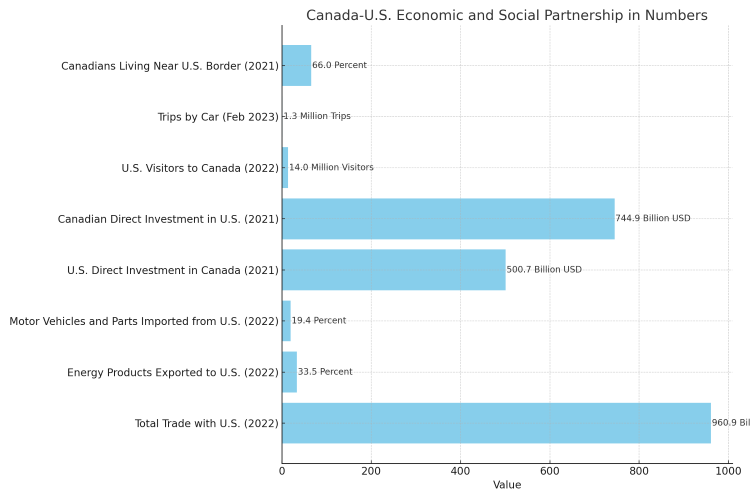As the world braces for Donald Trump’s return to the U.S. presidency on January 20, 2025, Canada finds itself in a precarious position. Prime Minister Justin Trudeau’s recent decision to prorogue Parliament until March 24, coinciding with his resignation announcement, has sparked intense debate. With Trump’s plans to impose a 25% tariff on Canadian imports within his first 100 days in office, is Canada’s legislative hiatus a strategic misstep?
Prorogation: A Double-Edged Sword
Proroguing Parliament effectively suspends all legislative activities, halting debates, committee work, and the passage of bills. Traditionally, it is a tool for resetting the government’s agenda or, as in this case, facilitating a leadership transition. However, the timing of Trudeau’s prorogation raises concerns.
Economic Vulnerability
Trump’s proposed tariffs aim to address issues like illegal immigration and drug trafficking but carry significant economic implications for Canada. The bilateral trade between the two nations according to Statistique Canada amounts to approximately $960 billion, with Canada supplying 20% of U.S. oil consumption and playing a crucial role in the North American automotive sector, according to Wikipedia. Analysts warn that such tariffs from Trump could push Canada into a recession, with GDP potentially falling by 2.5% by early 2026, inflation rising to 7.2% by mid-2025, and unemployment reaching 7.9% by the end of 2025.
A Leadership Void
With Parliament suspended, Canada’s ability to respond promptly to these economic threats is compromised. Critical decisions regarding trade negotiations, economic countermeasures, and diplomatic engagement are effectively on hold. This legislative pause may hinder Canada’s capacity to mitigate the impending economic impact of U.S. tariffs.

Historical Parallels and Political Calculations
Prorogation has been employed in Canadian politics before, often sparking controversy. In 2008, Prime Minister Stephen Harper prorogued Parliament to avoid a no-confidence vote, a move criticized as undemocratic. Similarly, Trudeau’s current prorogation, amidst internal party turmoil and declining popularity, appears to be a strategic maneuver to delay parliamentary scrutiny and manage leadership succession.
The Opposition’s Stance
Opposition parties, particularly the Conservatives led by Pierre Poilievre, have criticized the prorogation as a tactic to evade accountability during a national crisis. They argue that with economic challenges looming, Parliament should remain active to address the nation’s pressing issues.
A Risky Gamble
Trudeau’s decision to prorogue Parliament during a period of potential economic upheaval is a high-stakes gamble. While it may provide the Liberal Party time to reorganize and select new leadership, it leaves Canada vulnerable to external economic pressures without a functioning legislative body to navigate the storm. As Trump’s inauguration approaches, the absence of parliamentary oversight could have profound implications for Canada’s economic stability and sovereignty.
